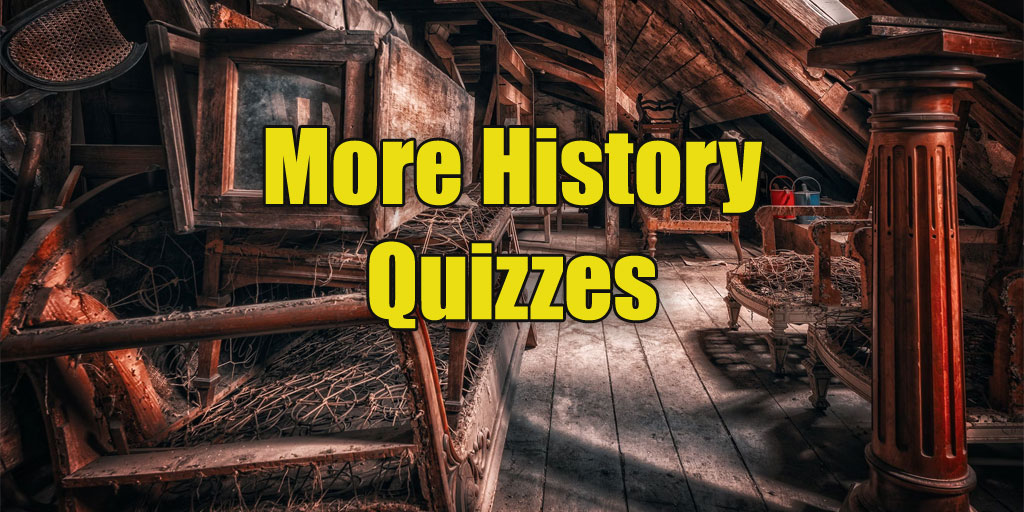How Much Do You Know about European History?
Take this quiz and learn how much you know about essential European events, politics, and more.
How Much Do You Know about European History?
In the 20th century, Europe was marked by two devastating world wars, the rise and fall of authoritarian regimes, the division and reunification of the continent, and the expansion and integration of the European Union.
The century began with a backdrop of imperial powers and growing nationalism. World War I (1914-1918) shattered this stability, destabilizing Europe politically and economically.
The Treaty of Versailles imposed on Germany after the war laid the foundation for future conflicts. In the 1920s and 1930s, economic hardships and political unrest facilitated the rise of authoritarian regimes, notably Adolf Hitler’s Nazi Germany and Benito Mussolini’s fascist Italy.
World War II
World War II (1939-1945) engulfed the continent in further destruction, leading to the Holocaust and widespread devastation. The war’s end saw Europe divided into two spheres of influence: Western democracies supported by the United States and Soviet-controlled Eastern Bloc nations, setting the stage for the Cold War.
The European Coal and Steel Community (ECSC) in 1951, followed by the European Economic Community (EEC) in 1957, laid the groundwork for the European Union (EU). These efforts aimed to prevent future conflicts through economic integration.
The Cold War’s tension led to the construction of the Berlin Wall, symbolizing the division between East and West. However, the collapse of the Soviet Union in 1991 marked a turning point, leading to the reunification of Germany and the expansion of NATO and the EU to include former Eastern Bloc countries.
The Eighties and Nineties
The latter part of the 20th century brought an increased focus on human rights, technological advancement, and cultural exchange. The fall of the Iron Curtain allowed for greater movement and interaction between Eastern and Western Europe.
The 1990s saw conflicts in the Balkans, particularly the Yugoslav Wars, leading to international intervention.
21th Century
The turn of the century witnessed continued EU enlargement, the introduction of the euro currency, and advancements in technology, shaping modern society. However, the 2008 financial crisis exposed economic vulnerabilities and led to debates about austerity and financial regulation.
More History Quizzes

